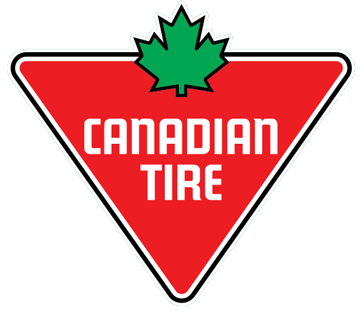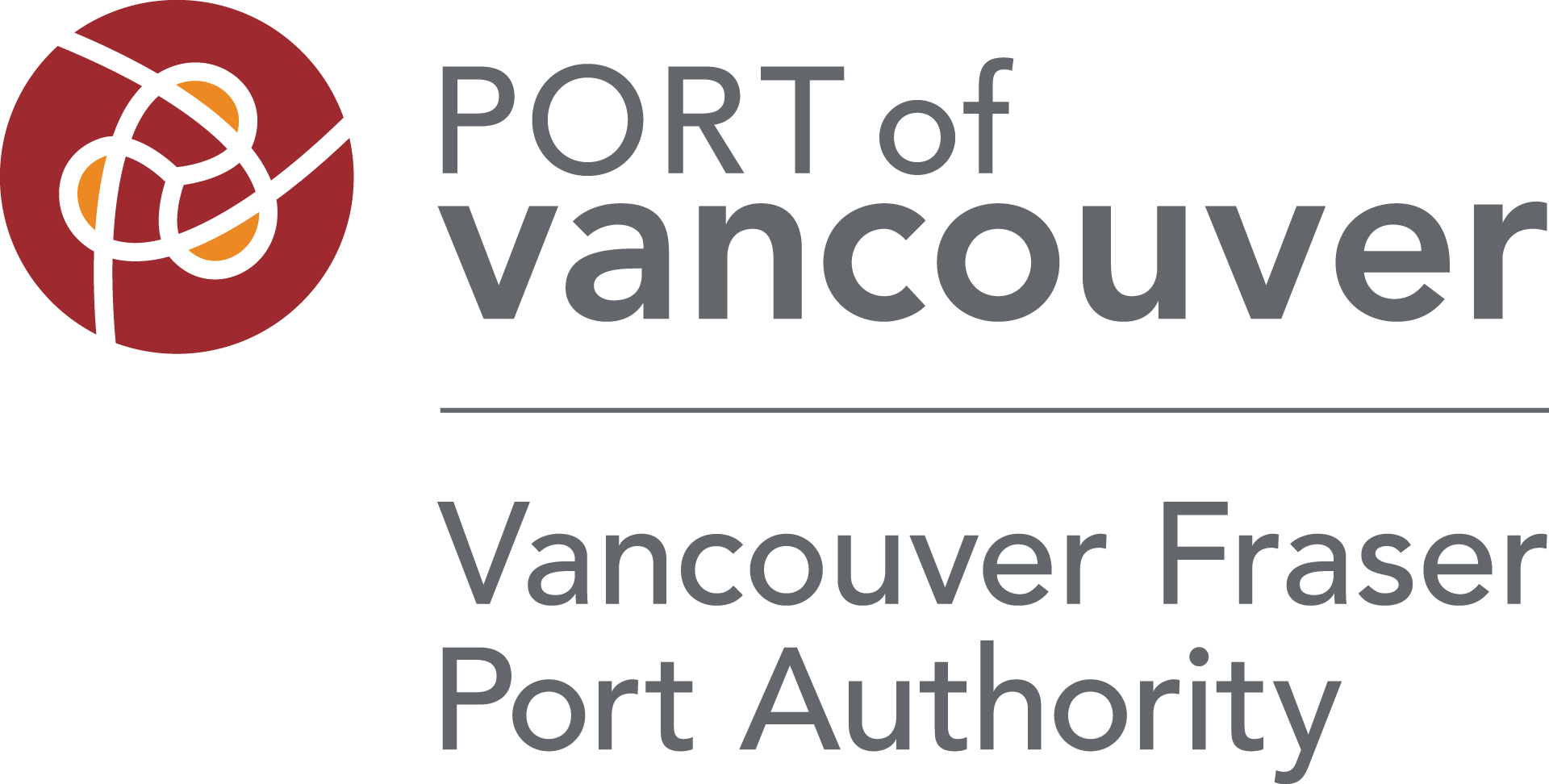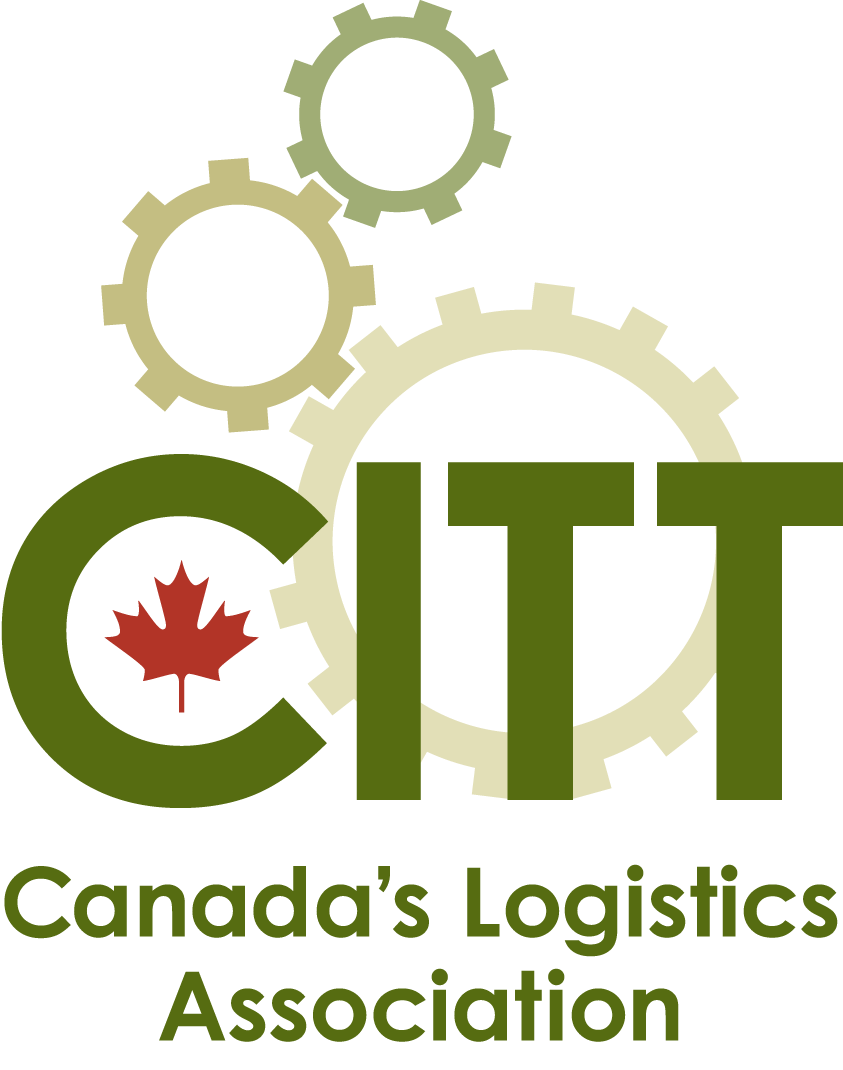Service Update – All Modes
Truck, Air, and Ports all report operations remain normal.
The Port of Vancouver has provided the following update.
The Port of Vancouver is open for business. Anchorage supply, import container rail dwell, and truck movement are at seasonal norms.Export container supply remains tight with grain transloads experiencing capacity constraints.
Rail
While the CN website continues to report that the network remains fluid, the railway has issued an embargo notice covering forest products arriving in the Vancouver area destined for export. While not stated, it would appear to be due to congestion. This is similar to the action taken by CN due to congestion in the winter of 2018-2019.
Marine
Comments by the Premier of Newfoundland and Labrador on the Oceanex threats to reduce service indicate that vital supplies would not be at risk from this reduction and that the other carrier, Marine Atlantic, would be able to provide adequate capacity. More can be found in the Canadian Shipper article at the first red bar below.
Trucking
The Public Health Agency of Canada has issued an order requiring all people entering Canada to wear a non-medical face mask or covering, including truck drivers, while proceeding to their final destination in Canada. If they do not have a mask, one will be provided on arrival at the port of entry. The details can be found at the following link.
https://www.canada.ca/en/public-health/news/2020/04/government-of-canada-updates-mandatory-requirements-for-travellers-entering-canada.html
Transportation of Dangerous Goods (TDG)
Certificate Temporary Exemption for Some Pressure Vessels
Transport Canada is aware of the difficulties that industry may be facing in terms of meeting certain requirements of the Transportation of Dangerous Goods Regulations (TDGR) – namely, the testing and inspection requirements for Means of Containment (MOC) used to handle, offer for transport, or transport, dangerous goods included in Class 2.1 and Class 2.2, Gases, in accordance with CSA B340 or CSA B342.
Given these challenges, Transport Canada has revised temporary certificate TU 0751 to extend the requalification period for cylinders and other pressure receptacles with an expiration date of February 28th, 2019 or later. The link to certificate TU 0751 can be found at the second red bar below.
Supply Chain Commentaries
1) The World Trade Organization (WTO) and the World Customs Organization (WCO) have issued a joint letter pledging to work together to facilitate trade in essential goods. The WTO announcement can be found at: https://www.wto.org/english/news_e/news20_e/igo_06apr20_e.htm
2) Since the border closure to non-essential traffic on March 21, U.S. customs is working to keep trade flowing and has processed over 75,000 trucking crossings into the United States since that date at Detroit, Port Huron and Saulte Ste. Marie. The Windsor Star article can be found at
https://windsorstar.com/news/local-news/u-s-customs-keeping-trade-flowing-through-windsor-detroit-border/
3) AAR Report Carloadings for the week ending April 11
Total combined weekly rail traffic in North America was down 20.1% in week 15 compared to the same week in 2019. North American rail volume for the first 15 weeks of 2020 was 9,666,804 carloads and intermodal units, down 7.7% compared with 2019.
Canadian railways reported 73,556 carloads for the week, down 13.6%, and 66,088 intermodal units, down 10.6% compared with the same week in 2019. For the first 15 weeks of 2020, Canadian railroads reported cumulative rail traffic volume of 2,116,131 carloads, containers and trailers, down 4.3%. Compared to the same week last year, Motor vehicles and parts are down 86.9%, Non-metallic minerals down 22.1% and Petroleum & Products, down 20.7%. Compared to the same week last year, all commodity groups are down except Farm Products & Food (excluding grain), which is up 16.6%
The Statistics can be found at the third red bar below.
FMA Government Relations
FMA has continuing communications with Transport Canada Surface Policy and Marine Policy officials and with Natural Resources Canada (NRCan). Any issues that FMA members wish to bring to the attention of of government officials can be forwarded by FMA to the appropriate people at Transport Canada or telephone calls can be arranged with officials.
FMA Office Operations
FMA staff are primarily working from home. If you need to talk with us, please send messages to me at the email address below and leave a phone number where you can be reached.
Updates Now on the Website
All the COVID-19 updates that FMA has issued are now uploaded to the website and there is a link to them on the home page at www.fma-agf.ca .
The FMA updates focus on the impacts of COVID-19 on supply chains.
Information and questions from members are encouraged and will be useful in our continuing outreach to members and in our communications with the government and with the Canadian Chamber of Commerce. As always, all individual company information will be kept confidential.



